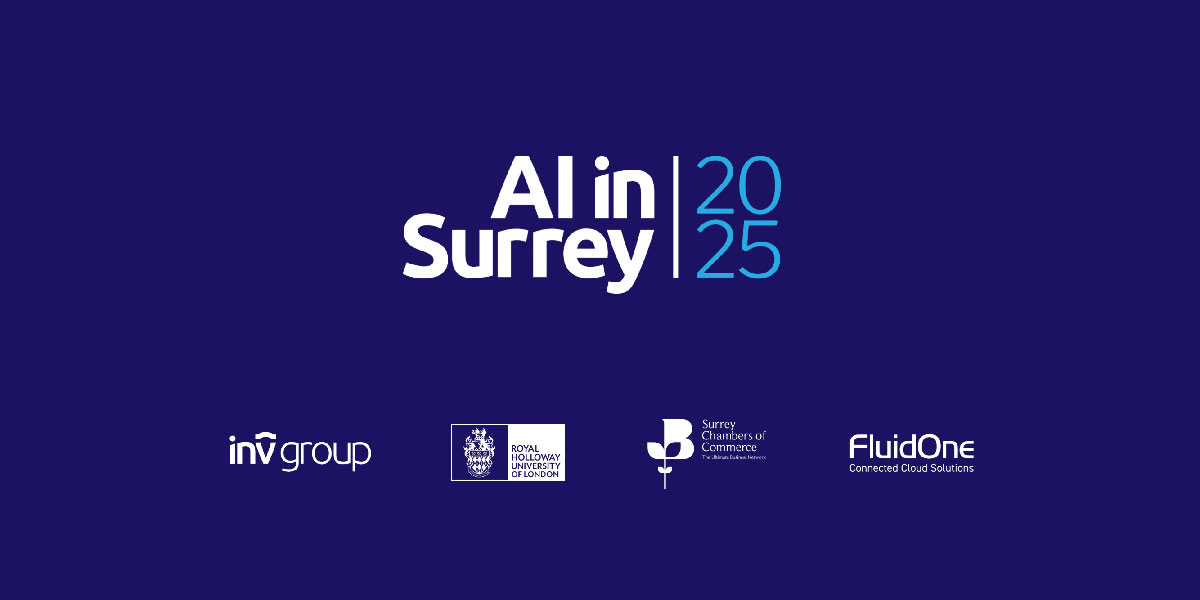
Organisations implementing big data analytics want to reap many benefits these solutions promise. But what are the hidden costs?
Organisations push to implement big data analytics to improve access to information, know their customers and employees more, make better decisions and gain competitive advantage. Vast streams of data and sophisticated analytics are often perceived as the hallmark of success in the digital economy. But what are the costs of this progressive datafication of operations that most organisations are not aware of?
Marta Stelmaszak Rosa, a PhD graduate from London School of Economics (LSE)’s Department of Management, has conducted research into big data analytics and organisational change. She found that while big data analytics helps with intended organisational transformations, such solutions may also lead to unintended consequences.
“Big data analytics promises more data, information and knowledge, and this often blinds organisations to less obvious, often unintended effects with profound consequences at the individual, organisational and societal levels,” explains Marta. “I found three complex and pervasive effects: acceleration, standardisation and disciplining with data.”
According to Marta’s research, there are three main unintended consequences of big data analytics in organisations:
1. Acceleration with analytics: organisations change and transform at a faster pace even in areas not covered by analytics
2. Standardisation through data: work tasks and activities become standardised to the requirements of databases behind analytics
3. Disciplining through analytics: big data are seen as a form of evaluation, making customers and employees more compliant
What does it mean for organisations?
In business as usual, these unintended consequences may easily go unnoticed. However, organisations that fail to manage these effects may pay a high price for the promise of big data analytics.
Acceleration with analytics leaves less and less room for reflection, deliberation and leaning. “My findings indicate that speeding up resulting from analytics may hurt organisational learning and lead to hasty decisions by privileging doing things quickly rather than thoughtfully,” says Marta.
Standardisation through data can potentially stifle initiative and innovativeness. Big data analytics punish for deviating from the norm and this means that imagination, creativity, personal inventiveness both on the customer and the employee side are unintendedly discouraged. All the while organisations increasingly depend on these qualities to constantly reinvent themselves in competitive environments.
Relatedly, big data analytics is often perceived as a form of evaluation or measurement and consequently leads to disciplining through analytics: increasing compliance with analytical requirements. These are different from targets and Key Performance Indicators set by organisations on purpose, and sometimes even at odds with organisational objectives. “My findings show that analytics may make employees comply with and chase bits of data that the solution displays rather than the real outcomes the organisation is after,” says Marta.
Put together, these three unintended consequences change the nature of organising – instead of sets of rules, procedures, guidelines, or even organisational cultures, organisations find themselves shaped by analytical cages introduced by big data analytics.
To learn more about the concept of the analytical cage and its consequences, read Marta’s thesis.
Repost of article from the London School of Economics website – with kind permission.
Photo by Alex Alvarez on Unsplash





